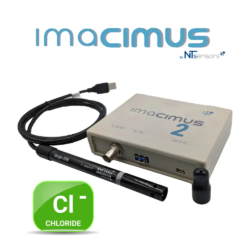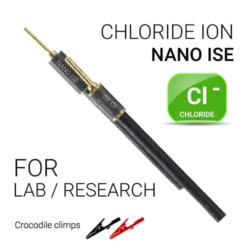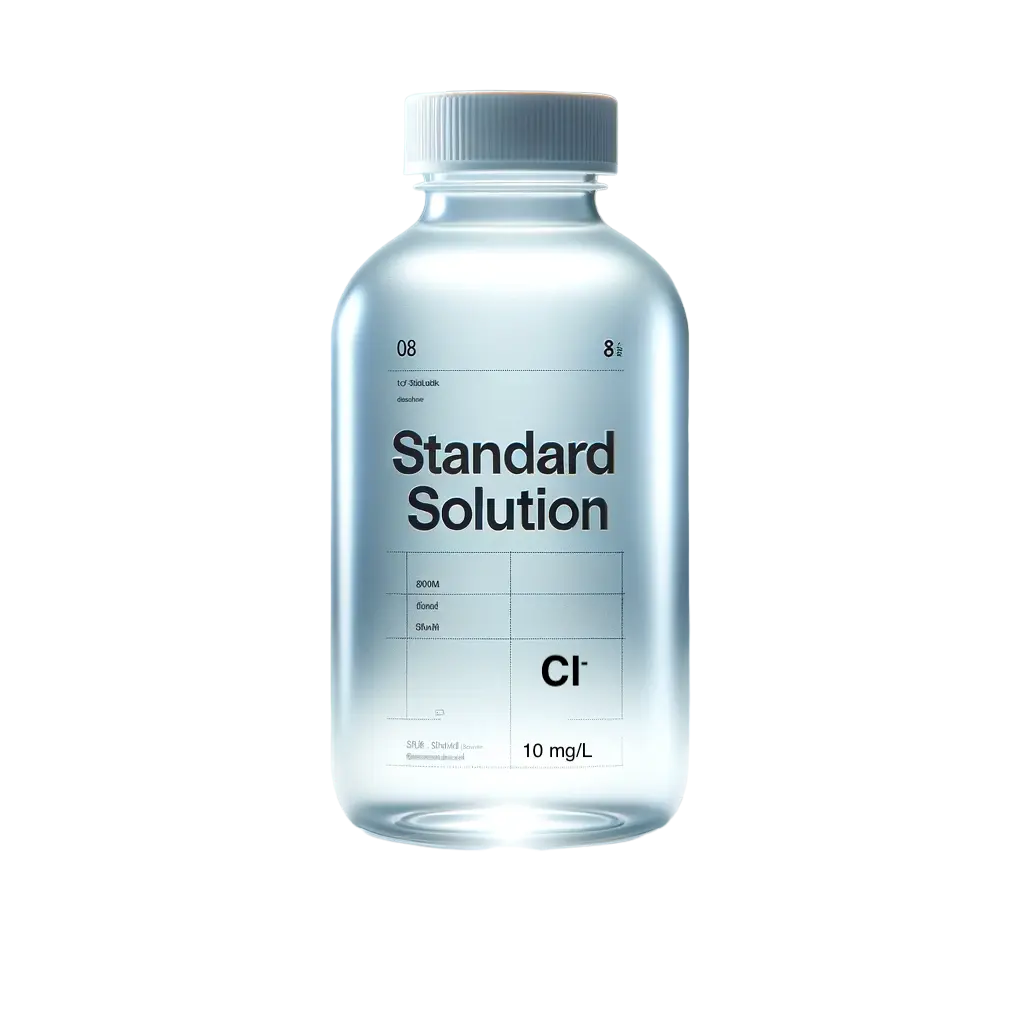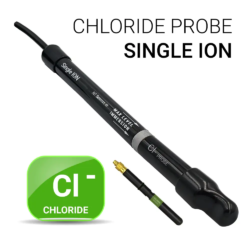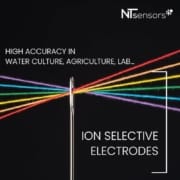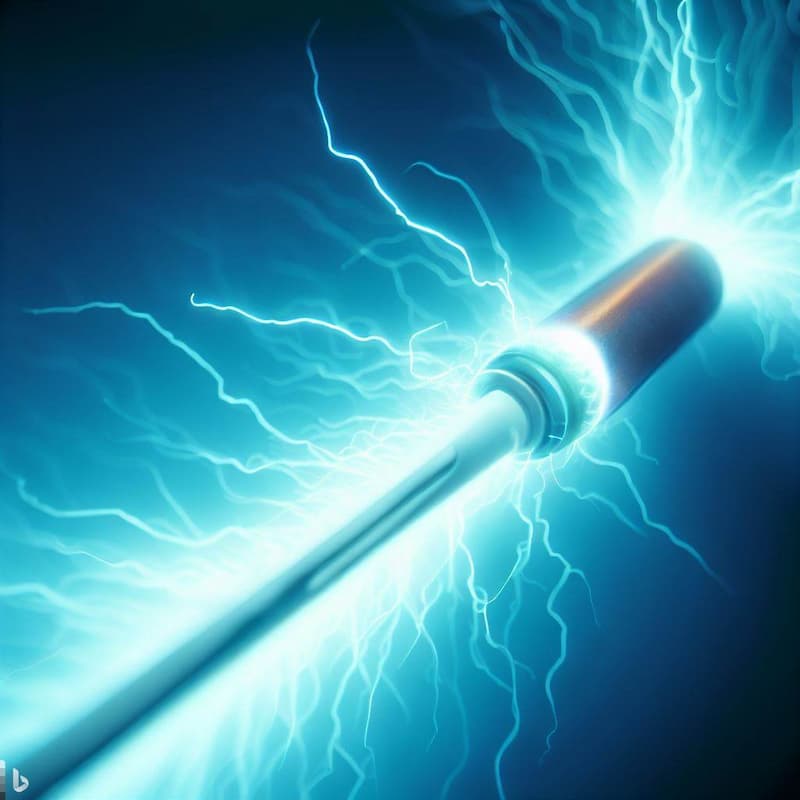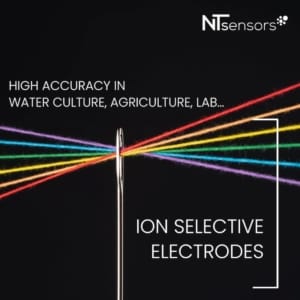Ion Selective Electrode Chloride Measurement
Ion Selective Electrode Chloride: A Revolution in Precise Ion Measurement
Ion selective electrodes, specifically those designed for chloride ions, represent a pinnacle in the precision measurement of ionic concentrations. This comprehensive guide explores the intricate world of chloride ion selective electrode (ISE) technology – from its fundamental principles to its varied applications in numerous industries.
Introduction to Ion Selective Electrode Chloride
Understanding what ion selective electrode chloride is, forms the foundation of appreciating its technological significance. An ion selective electrode for chloride is a specialized sensor used to measure the concentration of chloride ions in various solutions accurately. It is a cornerstone in fields requiring detailed ion analysis due to its unparalleled specificity and sensitivity.
The Science Behind Chloride ISE
The operating principle of chloride ISEs is fascinating, offering a glimpse into advanced analytical chemistry. These electrodes function based on the Nernst principle, where a potential difference is created in response to the concentration of chloride ions in a solution. This potential is then measured and converted into a readable value, reflecting the concentration of chloride ions with high precision.
Diverse Applications: From Laboratories to Fieldwork
Chloride ISE are not confined to laboratory settings; their applications span across various sectors, making them versatile tools in both scientific and industrial realms.
Ion Selective Electrode (ISE) technology for chloride has revolutionized the approach to measuring chloride ions across various industries. This specialized sensor, functioning on the principle of selective ion exchange, is acclaimed for its specificity and sensitivity. Essential in laboratory and fieldwork, ISE chloride electrodes are pivotal in applications such as environmental monitoring, healthcare, food safety, and agriculture. These electrodes operate based on the Nernst principle, creating a potential difference in response to chloride ion concentrations in a solution, thereby offering precise and quantifiable measurements.
-
- Environmental Monitoring: In assessing water quality, chloride ISEs play a crucial role in detecting pollution levels and maintaining ecosystem balance.
- Medical Field: These electrodes are instrumental in clinical diagnostics, particularly in electrolyte testing for various health conditions.
- Food Industry: Ensuring the safety and quality of food products, chloride ISEs contribute significantly to food analysis and quality control.
- Agricultural Applications: Soil testing is another area where chloride ISEs are invaluable, helping to determine the optimal conditions for crop growth.
Advancing with Technology: Our Ion Selective Sensor for Chloride
At the forefront of this technological domain, our ion selective electrode chloride stands out for its enhanced accuracy, robust construction, and user-friendly interface. It is tailored to provide consistent and reliable results under a variety of testing conditions, affirming its superiority in the market.
Real-World Success Stories
The versatility of ISE chloride is evident in its widespread use. Environmentalists utilize it for water quality testing, detecting pollution levels to maintain ecological balance. In healthcare, it’s crucial for electrolyte testing and diagnosing various conditions. The food industry relies on it for ensuring product quality and safety. In agriculture, it’s indispensable for soil testing to determine optimal crop growth conditions.
Getting Started with ISE Chloride
For those new to this technology, this section offers a step-by-step guide on how to use the chloride ion selective electrode effectively, including tips for maintenance and troubleshooting.
Unlocking the Potential of ISE Chloride Technology
Our ISE chloride electrode stands out for its enhanced precision, robustness, and user-friendly design, ensuring consistent results in diverse testing conditions. This technology not only signifies a leap in analytical chemistry but also serves as a cornerstone in scientific and industrial applications due to its precision, adaptability, and reliability.




